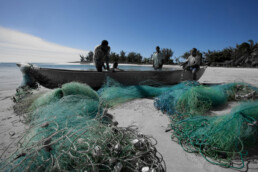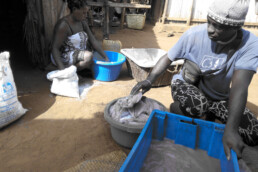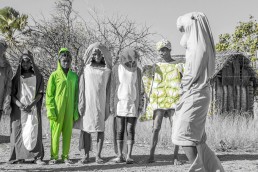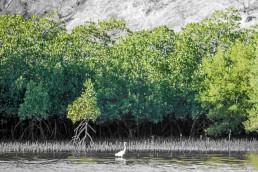Rural Entrepreneurs
Promoting Local Livelihoods
Tailor-made training for communities.
In order to conserve coastal resources for the long term, the buy-in and motivation of local people is fundamental. C3’s focus on rural entrepreneurs addresses this challenge.
C3 has conducted business feasibility studies in conjunction with household surveys and focus group interviews to determine the best livelihoods for specific communities. Livelihoods take time to develop, especially in rural communities with a local level of education and financial literacy, we find that set-up and intensive monitoring and support is required for a three-year term to ensure that businesses are financially viable and sustainable.
C3 focuses heavily on the engagement and training of women, unemployed youth and minority groups such as the LGBT community, to provide employment opportunities close to home rather to counteract the constant emigration from rural communities to urban centres and associated ‘brain drain’.
10
Businesses yielding profits for communities, in particular women and youth, in year 3 of operation
C3’s approach focuses on year-on-year technical and financial support, refresher training, monitoring and advice for people starting new livelihoods, as it is a well-known fact that most small businesses fail in the first two years.
In only the past two years C3 established 10 new rural enterprises, with at least 50% management by women and a strong emphasis on unemployed youth. These businesses are financially viable and in particular the organic honey is yielding substantial gains for the communities on a regular basis. All our businesses are locally run with monitoring by C3 local staff. Our modus operandi is free of reliance on foreign volunteers or staff to assist with managing any aspect of these projects nor do we heavily invest in tourism; this is a deliberated decision which means we are able to continuously work at our target sites regardless of political instability and epidemics, which sadly impact Madagascar on a increasingly frequent basis.
Following our successes in assisting communities with starting up duck farming and tourism enterprises, we are now working on further apiculture training, designed to create alternative livelihoods for communities who rely on charcoal production and slash-and-burn agriculture, which have led to the alarming destruction of our dry forests in the far north. Apiculture, encouraged by the Malagasy government, has been feasibly identified as an ideal option for these communities. Already, there are women and youth associations, basic governance structures, and high levels of motivation for the project. With investment from partners and donors, C3 aims to provide the training and support for this new enterprise.
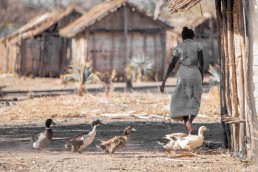
Related Case Studies
Contact
C3 MadagascarLot II PA 12 Bis, Soavinimerina, Ambohimanga Rova, Antananarivo, Avaradrano
C3 Madagascar (CONSERVATION CENTREE SUR LA COMMUNAUTE C3 MADAGASCAR), in accordance with Article No. 5 of Ordinance No. 60133, is registered as a non-profit organization in Madagascar under the Direction of the Territorial Administration of Antananarivo with Registration No. 1206/14-MID/SG/DGAT/DIRAT/ANT/ASS.

